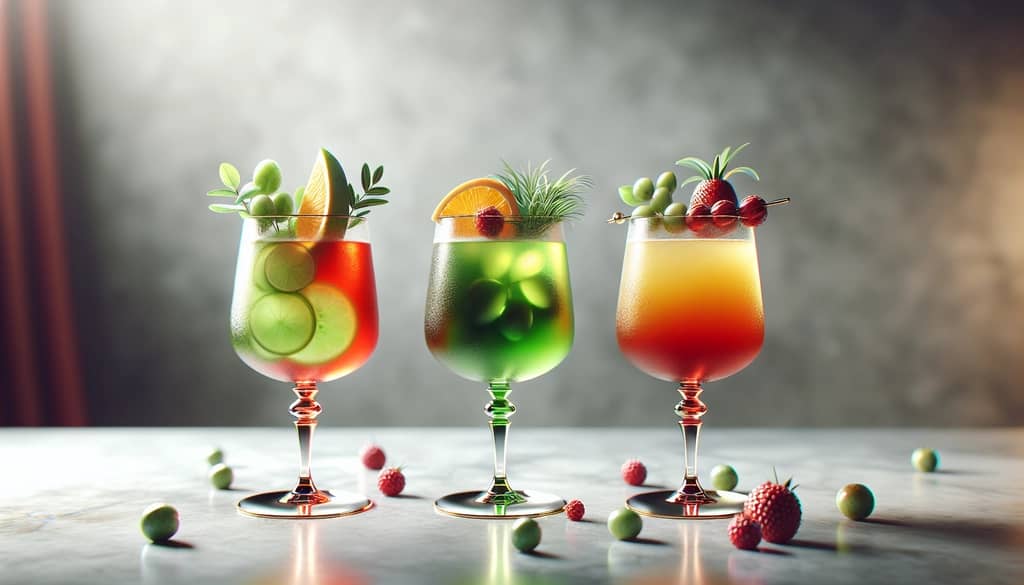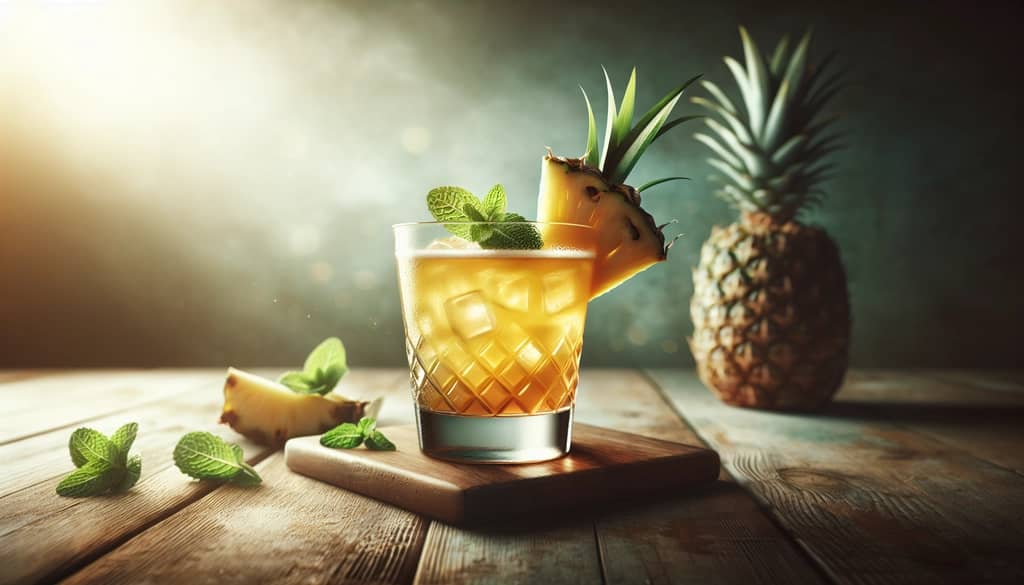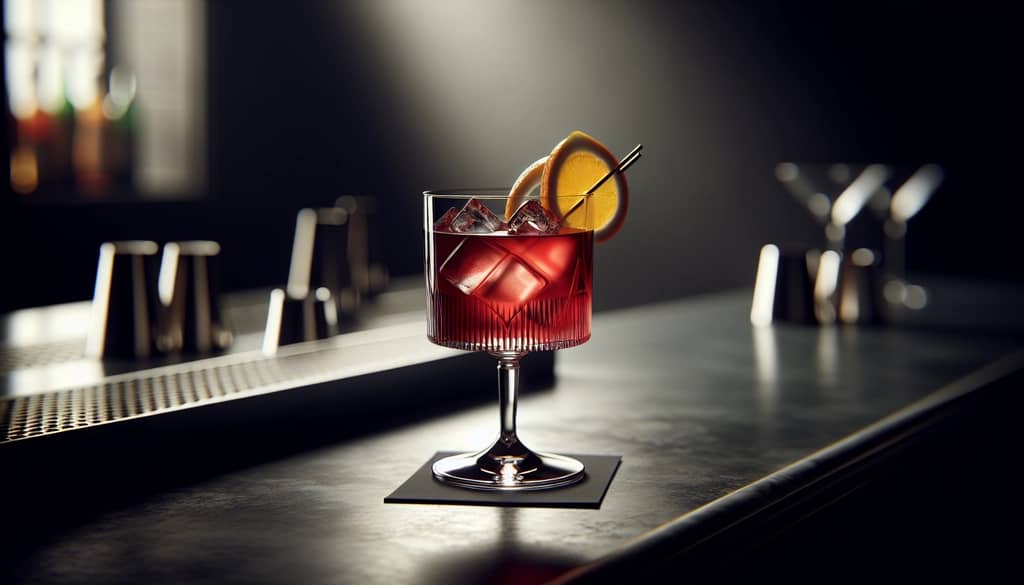Updated on: 6/3/2025
Do Mocktails Have Any Cultural Significance?

The rise of mocktails reflects more than a shift in beverage trends—it’s a cultural movement rooted in inclusivity, ceremony, and changing attitudes toward alcohol. For many, the enjoyment of a beautifully crafted drink transcends what’s in the glass, embracing rituals and social meaning that reach far beyond spirits.
The Mocktail’s Place in Modern Social Rituals
Across the world, drinks play a central role in celebration and connection. Traditionally, alcohol has marked occasions from weddings to business deals—but exclusion is an undercurrent when some guests refrain. Mocktails break down this barrier, inviting everyone to join the toast, glass in hand, without pressure or stigma.
- Mocktails support people who choose not to drink for religious, health, or personal reasons.
- Many cultures, such as in the Middle East and parts of Asia, have deep-rooted traditions of elaborate alcohol-free beverages.
- Events like Dry January, Sober October, and the zero-proof bar movement reinforce mindful drinking as a respected choice.
Cultural Significance Beyond Alcohol
In many societies, sharing a drink is as much about hospitality as the beverage itself. Mocktails allow hosts to offer something festive and considered—complex in flavor, artfully garnished, and suited to adults—that moves beyond the default of juice or soda.
- Non-alcoholic cocktails often draw on native ingredients and regional culinary traditions, showcasing local flavors in a celebratory form.
- Mocktails encourage mindful drinking, a practice embraced in wellness-focused communities and among people seeking balance at gatherings.

Mocktails and Modern Hospitality
The practice of offering thoughtfully crafted alcohol-free drinks mirrors a broader shift toward hospitality that sees every guest and preference as important. Bartenders and hosts who prioritize mocktail options send a subtle, but powerful, message: everyone deserves to feel included and celebrated in the ritual of sharing a drink.
- High-profile restaurants and bars now design dedicated non-alcoholic menus to serve the growing demand.
- Mocktails often match classic cocktails in complexity, using techniques like fresh infusions, house syrups, and aromatic finishes.
- Guests who abstain are seen and welcomed—a shift from the era of being handed a bland soda or overlooked.

As mocktails continue to gain cultural relevance, their presence signals a broader acceptance of choice, celebration, and mindful connection—one glass at a time.